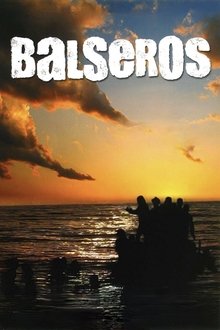In 1975, Ryszard Kapuściński, a veteran Polish journalist, embarked on a seemingly suicidal road trip into the heart of the Angola's civil war. There, he witnessed once again the dirty reality of war and discovered a sense of helplessness previously unknown to him. Angola changed him forever: it was a reporter who left Poland, but it was a writer who returned…
Related Movies
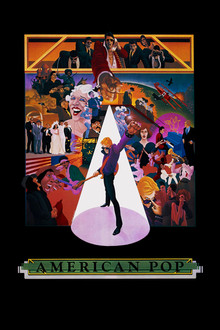
American Pop (1981)
The history of American popular music runs parallel with the history of a Russian Jewish immigrant family, with each male descendant possessing different musical abilities.
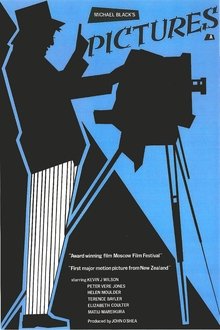
Pictures (1981)
Walter Burton's realistic photographs depicting poor treatment of Maori prisoners are rejected by late 19th century government officials. Walter is condemned to making a living from everyday studio work, the frustration of which is apparently quite sufficient to make him a drunk. His brother Alfred is happy to take the photos that the officials want and therefore gets the commissions. Alfred's photos are well received, but when Walter shows his own photos, toughs are sent around to smash up his plates.
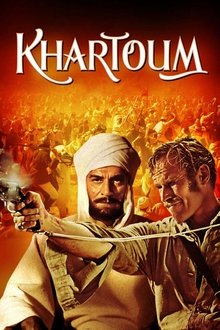
Khartoum (1966)
English General Charles George Gordon is appointed military governor of Anglo-Egyptian Sudan by the Prime Minister. Ordered to evacuate Egyptians from the Sudan, Gordon stays on to protect the people of Khartoum, who are under threat of being conquered by a Muslim army.
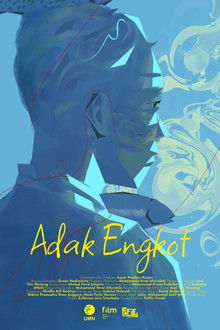
Adak Engkot (NaN)
Aidil, a teenager from Maratua Island, as he prepares to inherit his father’s grouper fish farming business. Amidst natural challenges and family expectations, Aidil grows from a curious boy into his father’s true partner. This is a coming-of-age story about legacy, resilience, and the unspoken bond between father and son.
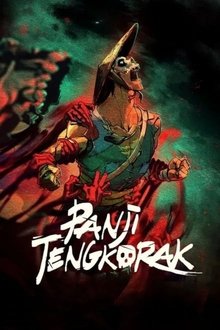
Panji Tengkorak (2025)
Panji, who sold his soul to black magic to avenge his wife's death, intended to end his life, but found his body now shackled by black magic that controlled his soul. After wandering aimlessly, Panji met an old warrior who asked for his help to chase a bandit who had seized a sacred heirloom that was said to be able to eliminate the power of black magic. Panji accepted the offer that dragged him into a long war between two kingdoms and revealed the reality of his dark past.
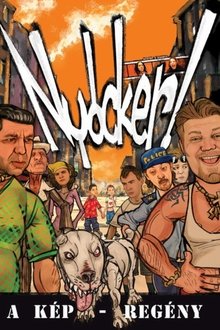
The District (2004)
In an effort to end family feuding, a young gypsy travels back in time to kill mammoths to ensure Hungary becomes rich by killing mammoths in order to create a massive oil reservoir. Things don't go entirely according to plan...

Batman Ninja (2018)
Batman, along with many of his allies and adversaries, finds himself transported to feudal Japan by Gorilla Grodd's time displacement machine.

Baghdad or Bust (2004)
It's a satirical comedy that chronicles 3 young Canadian film makers from Yellowknife as they travel from northern Canada to the middle east just as the Iraq war is erupting. As well as being very funny, it is also quite thought provoking. The trio travels through Canada, Turkey, Israel, Jordan and finally Washington DC interviewing "regular people" for their comments on the impending war. This film won best documentary at the 2003 Whistler Film Festival in Canada.

Chicago 10 (2008)
Archival footage, animation and music are used to look back at the eight anti-war protesters who were put on trial following the 1968 Democratic National Convention.
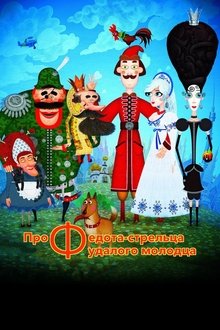
The Tale of Fedot, the Shooter (2008)
The king decided to bring a soldier to a nervous breakdown because he fell in love with soldier's wife.
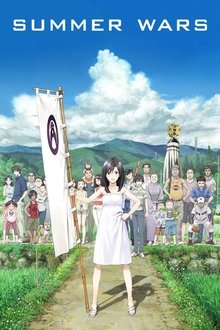
Summer Wars (2009)
Teenage math whiz Kenji Koiso agrees to take a summer job at the Nagano hometown of his crush, Natsuki. When he arrives, he finds that her family have reunited to celebrate the 90th birthday of their matriarch. His job: pretend to be Natsuki's fiancé. Meanwhile, his attempt to solve a mathematical equation causes a parallel world's collision with Earth.
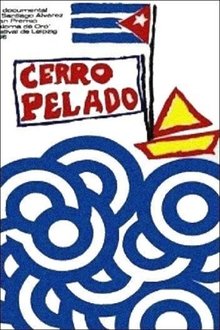
Cerro Pelado (1966)
A ship of athletes training on the rough seas becomes a symbol of Castro’s Cuba, the games projected on the backdrop of political struggle. This is the story of a ship and of a sports delegation whom the enemy tried to stop from participating in the Tenth Central American and Caribbean Games.
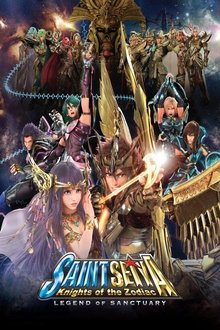
Saint Seiya: Legend of Sanctuary (2014)
Mitsumasa Kido discovers a misterious baby in the himalayas whom he adopts as his grandaughter. 16 years later, Saori Kido is a young girl troubled by her mysterious powers. She is saved by Seiya from an assassin sent to kill her. Saori then learns she is the reincarnation of the Goddess Athena with Seiya being one of her Saints sworn to protect her. Upon learning of her destiny, she heads to the Sanctuary to rebel against the Pope's murderous plot.
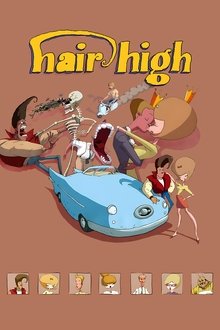
Hair High (2004)
Rod and Cherri are the unmistakable king and queen of Echo High. When new kid Spud arrives, he makes a faux pas so bad that Rod forces him to be his girl's slave. What unfolds is the tale of Cherri and Spud's blossoming relationship behind Rod's back, and their untimely demise on the night of the prom. A tale of tragedy that could only be as irreverent and sensational through the pen (or pencils, if you will) of Bill Plympton.
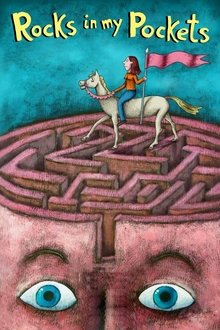
Rocks in My Pockets (2014)
The personal story of a woman struggling with an inherited illness, as told by Signe Baumane, the Latvian director-animator living in New York City. With humour and courage, the director sets out on a challenging journey to discover her family’s best-kept secret. Featuring five stories about the courageous women in Signe’s family and their battles with madness, visual metaphors, surreal images and director’s narration.
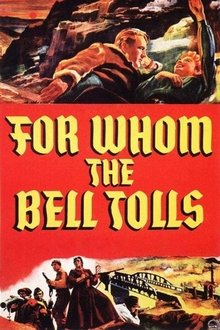
For Whom the Bell Tolls (1943)
Spain in the 1930s is the place to be for a man of action like Robert Jordan. There is a civil war going on and Jordan—who has joined up on the side that appeals most to idealists of that era—has been given a high-risk assignment up in the mountains. He awaits the right time to blow up a crucial bridge in order to halt the enemy's progress.

